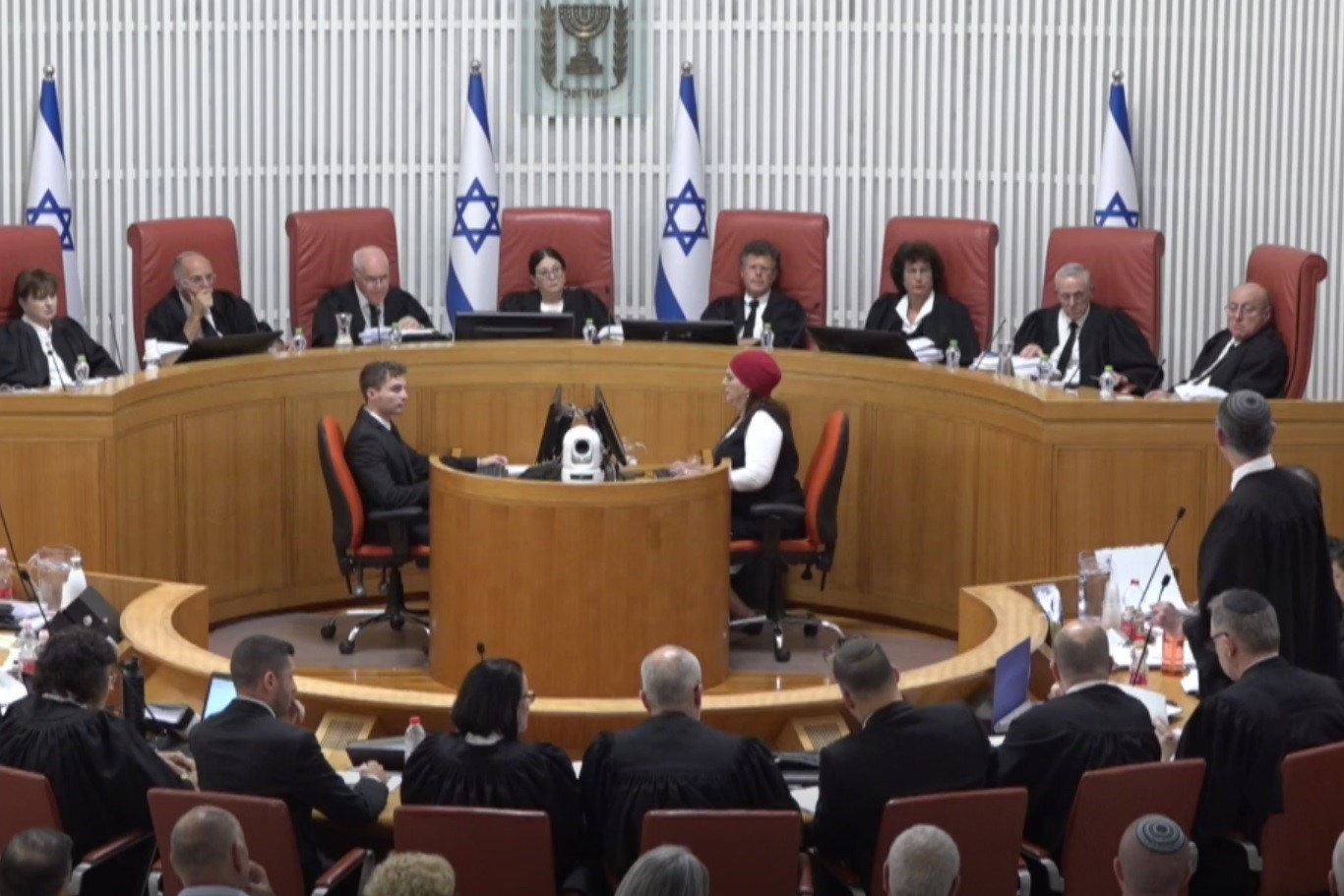
The Knesset plenum approved tonight (Tuesday) in second and third reading the Ombudsman for Judges bill by MK Simcha Rotman.
56 Knesset members supported the proposal, compared to 48 who opposed it.
The selection of the Ombudsman for Judges will be made by a seven-member committee, the following being its members: the Minister of Justice - who will head the committee, the Minister of Labor, a member of Knesset elected by the Knesset or one of its committees, a retired judge elected by the Supreme Court justices, a retired judge elected by the presidents of the district courts, a retired dayan elected by the two Chief Rabbis of Israel, and the National Public Defender.
According to the bill, each member of the committee will be able to propose up to two candidates for the position, and the decision to appoint a commissioner will be made by a majority of the members serving on the committee, that is, by a majority of four out of seven members.
The Committee will also be authorized to remove the Commissioner from office or suspend him, by a majority of five of its members.
The proposed arrangement replaces the current arrangement, according to which the Commissioner is selected by the Judicial Selection Committee, based on the proposal of both the Minister of Justice and the President of the Supreme Court.
MK Simcha Rotman, initiator of the bill: "Our situation over the past two years is that it is impossible to complain about the judicial system. To date, no ombudsman has been appointed. I have tried to mediate, but there is no possibility of reaching an agreement. The judges have always opposed criticism. I call on my friends in the opposition not to be partners in the fight against criticism and to allow the public eye, through the ombudsman for judges, to do its job and criticize the judges, because sunlight is the best disinfectant."
The explanatory notes to the proposal state: "According to the Ombudsman for Judges Law, the Ombudsman for Judges is appointed by the Ombudsman Selection Committee, which is the Judicial Selection Committee, from candidates that the Minister of Justice and the President of the Supreme Court jointly select. However, at the time of publication of this bill, the previous Ombudsman's term of office had ended, no Ombudsman had been appointed in his place, and the Minister of Justice and the President of the Supreme Court had not yet submitted an agreed-upon candidate to the Judicial Selection Committee. In order to fill the position of Ombudsman as soon as possible, it is proposed to amend the method of his appointment."